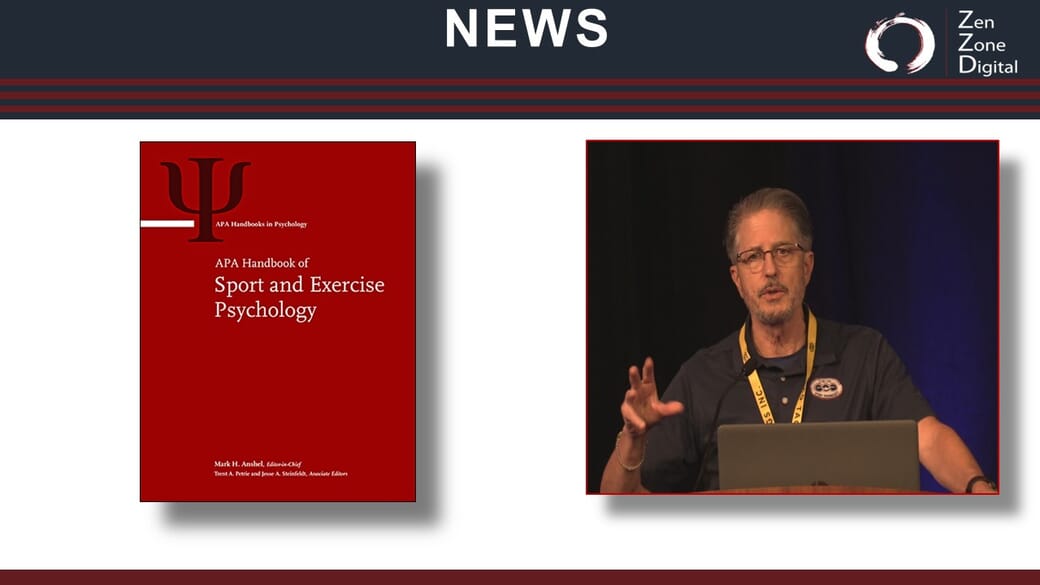Cognitive & Behavioral Strategies in Sport Injury & Rehabilitation (article)

DR. HEIL FEATURED IN SPORT, EXERCISE AND PERFORMANCE PSYCHOLOGY
Dr. Heil was recently published in the book Sport, Exercise and Performance Psychology – Theories and Applications. He contributed to a chapter titled “Sport injury: psychological consequences and management strategies.”
This book brings together world-class professionals to share theoretical understanding applied to sport, exercise and performance domains. It highlights how to be more effective in developing psychological skills, context and understanding for educators, students and professionals.
From both academic and practitioner perspectives, this book takes readers through contextual understanding of this field of study and into a wide variety of important areas. Specifically, the chapters focus on the mind-body relationship and performance challenges, and on core mental skills applied across different sport, exercise and performance examples (including professional athletes, normal exercise populations and military service members). The final section expands the context into the role of relationships and performance in group settings to cover a broad practice of modern day applied performance psychology.
Here’s a snippet from the introduction:
Sport injury has been recognized as one of the greatest threats to athletic performance and athlete well-being (Podlog, Heil, & Schulte, 2014). An injury disrupts athletes’ sense of self, creates uncertainties about the potential for future athletic attainment, and forces competitors to question their athletic capabilities and skills (Heil & Podlog, 2012). In short, injury can have a profound impact on athletes’ psychological status and performance capabilities. This chapter focuses on the psychological implications of sport injury and management strategies for addressing rehabilitation challenges. Following a description of key concepts, we describe three theoretical approaches that help explain, predict, and potentially modify the consequences of injury. Next, practical strategies for facilitating optimal rehabilitation are described, followed by three case studies used to highlight key applications to sport, exercise, and performance scenarios. The first case study focuses on ethical considerations and decision-making processes surrounding injury occurrence. The second case study highlights the issue of concussion and the athlete transitioning from competitive sport to that of a daily “exerciser.” In the third case study, we examine injury in a military performance setting. In the penultimate section, take home messages and review questions are provided. Finally, we conclude with three assignments designed to help students and practitioners develop creative solutions to specific injury situations.
Podlog, L., Heil, J., & Podlog, S. (2019). Sport injury: psychological consequences and management strategies (pp. 127-152). In A. Mugford & G. Cremades (eds.), Sport, exercise, and performance psychology: theories and applications. Routledge/Psychology Press.
